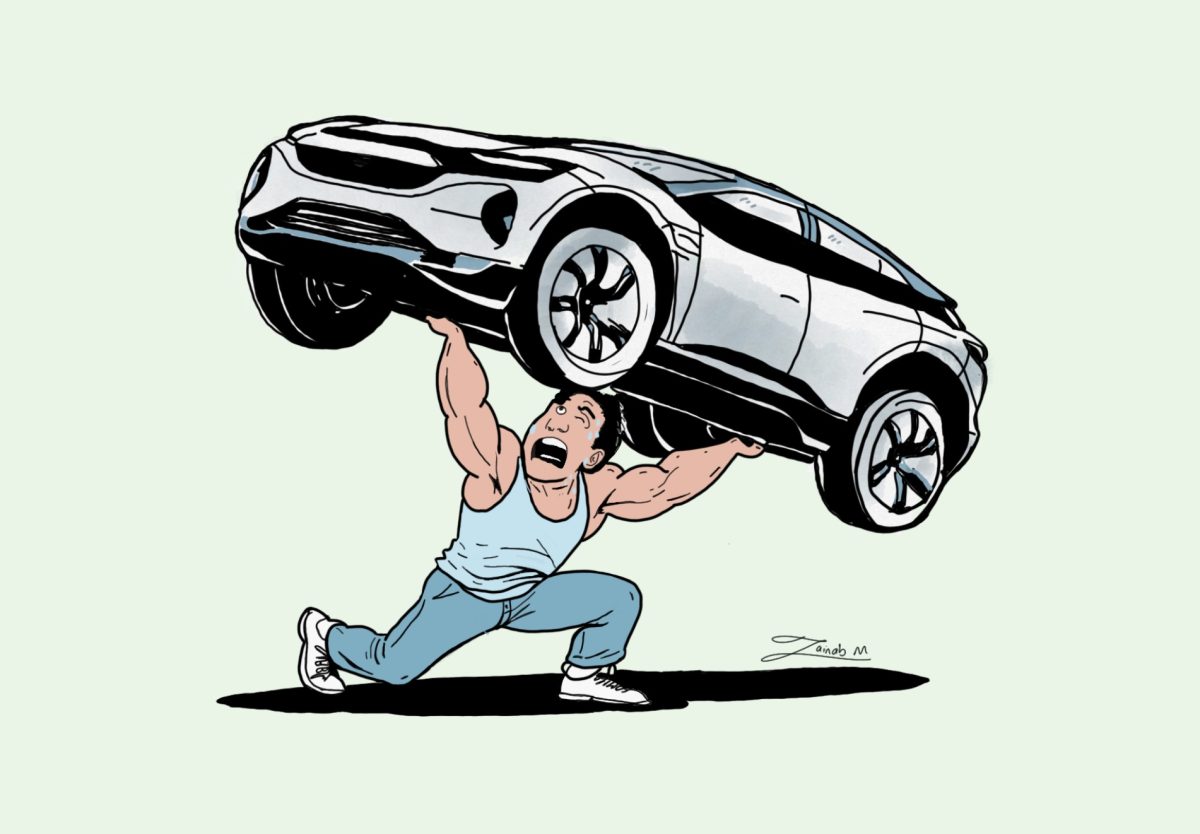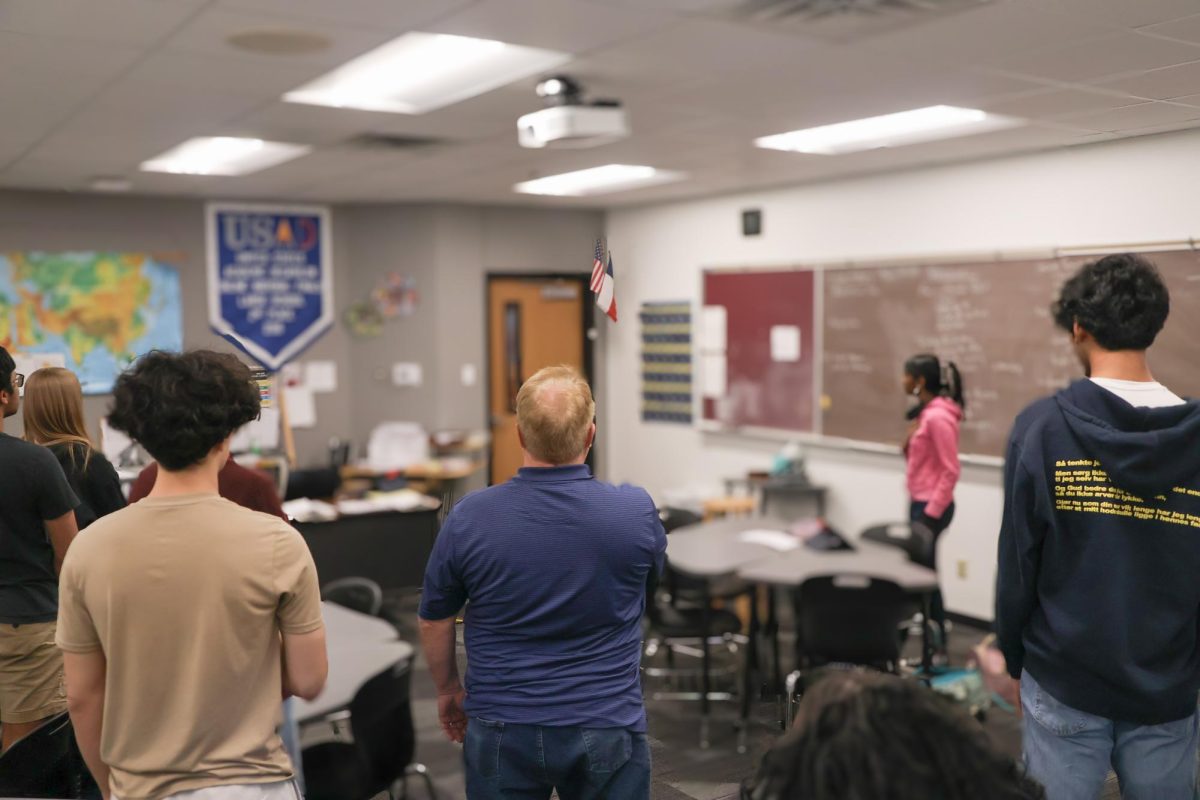As technology advances, the automotive industry seems to be steering toward an electric future. I am seeing more students at Coppell High School and community drivers behind the wheel of Teslas among other electric vehicles.
For many high schoolers getting their first car, the presentation of an EV seems like a great choice with its cutting-edge technology and eco-friendly branding. However, before jumping on the bandwagon, I would like you to reconsider whether a Tesla or any other EV is the right choice for you.
On the surface, EVs show promising acceleration and sleek designs, with torque numbers that will send you to the moon and back. However, beneath the surface, many drawbacks often go unnoticed.
EVs are undeniably quick, but they lack the driving engagement that makes cars more than just a means of transport. As a car enthusiast, I think driving is more than getting from point A to B, it is about the experience. EVs have silent motors and lack a manual transmission, and they suck the fun out of driving. You miss out on the satisfaction of mastering a gear shift or going into higher RPM (revolutions per minute) purely because you want to. These experiences also give you an appreciation for what you could be driving every day.
Take my car, a 2019 Volkswagen Jetta. While some might call it a boring car, I consider it anything but, simply because it has a six-speed manual transmission. This means the driver controls what gear the car is in via the clutch pedal and gear shifter. Driving a manual is a skill that, in my experience, connects you to the road, giving you control in a way an EV never could.
Sure, it might be intimidating at first, but after a while, it becomes second nature, not to mention that being able to drive stick is not just a function: it is an art.
Beyond the driving experience, there are serious environmental concerns with EVs often overlooked. One of the biggest selling points is they produce no tailpipe emissions while driving. This is true, however, the mining/production of their lithium-ion batteries is far from eco-friendly.
The mining process takes massive amounts of resources and contributes greatly to pollution. Not to mention, just like any other lithium-ion battery, it will degrade and due to the complex nature of the batteries, they are hard to recycle.
Beyond producing EV batteries, the power grid used to charge EVs still relies heavily on fossil fuels, and it will take a large infrastructure change to make the grid purely renewable.
EV charging stations are also limited and charging times can be inconvenient. You also have to pay attention to how fully you charge the battery. Consistently charging to 100% will shorten the lifespan of your car.
Then, there is the issue of reliability. According to a Consumer Reports study, EVs are 42% less reliable than traditional internal combustion engine (ICE) vehicles. For a high schooler, reliability is important, and battery replacements are expensive. Not to mention that while EV fires are rare, they happen and are notoriously difficult to extinguish, requiring specialized techniques and vast amounts of water. Gas-powered cars can catch fire too, but EV fires burn hotter and longer, posing a greater risk.
So, what does this mean for Coppell students and families? As EVs grow in popularity, it is important to think critically about their impact not just on the environment but on our driving culture and local community. If you are looking for a new car, I encourage you to stick with ICE vehicles if you can, and if you are up for the challenge, learn to drive a manual transmission. Not only will you gain a valuable skill, but you will also keep the joy of driving alive.
The automotive industry may be pushing for an electric future, but that does not mean you have to follow it blindly.
Follow Maanav (@sub.maanav) on Instagram and @CHSCampusNews on X.











